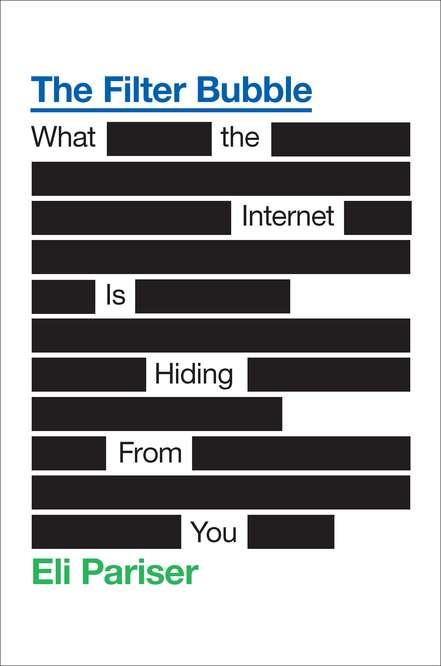WikiLeaks is an international nonprofit organization that publishes otherwise classified or unavailable documents online for public use. Since its launch in 2006, the group claims to have published millions of documents, many relating to the U.S. led wars in Iraq and Afghanistan, but also relating to economic crises in American diplomatic cables. Many of its documents have been published and analyzed by leading news outlets, including the U.K.'s Guardian, the New York Times and New York Daily News. But regardless of their popularity there were a lot of discussions about the editor-in-chief of WikiLeaks, Julian Assange, is a journalist or not.
Jeff Jarvis of the City University of New York's Graduate School of Journalism writes: "We in journalism must recognize that WikiLeaks is an element of a new ecosystem of news. It is a new form of the press. So we must defend its rights as media. If we do not, we could find our own rights curtailed. Asking whether WikiLeaks should be stopped is exactly like asking whether this newspaper should be stopped when it reveals what government does not want the public to know. We have been there before; let us never return."
The Guardian, a WikiLeaks partner wrote in an editorial: "There is a need as never before for an internet that remains a free and universal form of communication. WikiLeaks' chief crime has been to speak truth to power. What is at stake is nothing less than the freedom of the internet."
Jay Rosen of the New York University journalism school describes WikiLeaks as the first "stateless news agency." The actions of WikiLeaks, he noted, show our news organizations how "statist they really are" and leakers going to WikiLeaks rather than the traditional media, shows how distrustful people are of the corporate media. This all shows that the "watchdog press has died" and WikiLeaks is filling the void.
Even though some in the traditional media are threatened by WikiLeaks, more and more outlets are acknowledging their journalism. Reporters Without Borders hosts a mirror site of WikiLeaks as "a gesture of support for WikiLeaks' right to publish information without being obstructed." Similarly, a mainstream French newspaper Liberation announced a "mirror-WikiLeaks" site on its website
It seem like WikiLeaks is filling a void with traditional media as the level of distrust of the mass media is now at record highs.
The new boom is around its latest release of classified US documents about the prison at Guantánamo Bay, Cuba, which opened on January 11, 2002, and remains open under President Obama, despite his promise to close the much-criticized facility within a year of taking office. So although the media fuzz about Wikileaks is not so intensive as it was, they are not going anywhere. New information is leaking and leaking…



